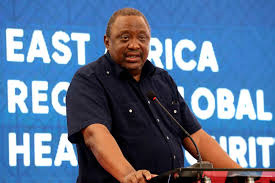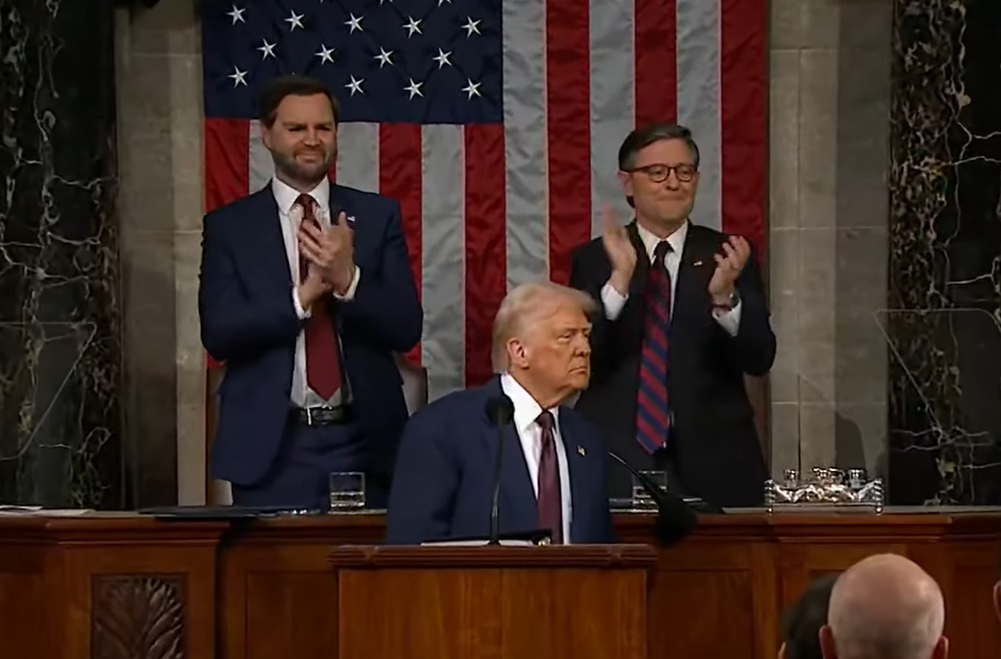In a recent address at the East Africa Region Global Health Security Summit in Mombasa, former Kenyan President Uhuru Kenyatta delivered a candid message to African nations in response to U.S. President Donald Trump’s suspension of foreign aid. Kenyatta emphasized that this development should serve as a pivotal moment for Africa to reassess its reliance on external assistance and to harness its own resources for sustainable development.
Kenyatta questioned the reactions of some African leaders to the U.S. aid suspension, stating, “I saw some people the other day crying that Trump has removed funding. He is not giving us any more money. Why are you crying? It is not your government; it is not your country. He has no reason to give you anything. You don’t pay taxes in America.”
He urged African nations to view this situation as a “wake-up call” to take responsibility for their own development. “This is a wake-up call for you to say, ‘Okay, what are we going to do to help ourselves?’ Nobody is going to continue holding out a hand to give you. It is time for us to use our resources for the right things,” Kenyatta asserted.
The former president highlighted the need for African countries to re-prioritize their spending, suggesting that resources often allocated to conflicts and armaments could be better utilized in critical sectors such as health and education. He pointed out that during the COVID-19 pandemic, Africa faced significant challenges in vaccinating its population, underscoring the importance of self-reliance in addressing future health crises.
Kenyatta’s remarks come in the wake of President Trump’s executive order suspending nearly all U.S. foreign aid for a 90-day review period. This suspension has led to significant disruptions in various global health initiatives, including the President’s Emergency Plan for AIDS Relief (PEPFAR), which provides essential antiretroviral drugs to millions worldwide.
The suspension has prompted concerns among international organizations and African leaders about the potential negative impacts on health services across the continent. However, Kenyatta’s perspective challenges African nations to seize this moment to foster self-sufficiency and reduce dependence on foreign aid.
In conclusion, Kenyatta’s address serves as a call to action for African countries to re-evaluate their development strategies, prioritize the effective use of their resources, and build resilient systems capable of withstanding external shocks. By doing so, Africa can chart a path toward sustainable development that is driven from within.





